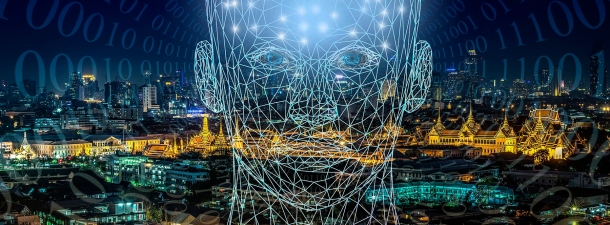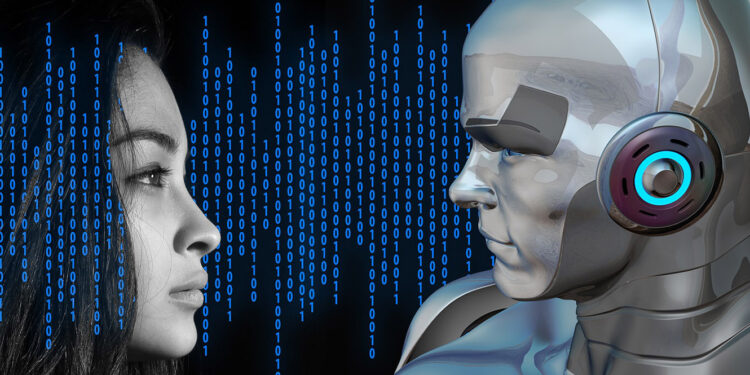The furor for artificial intelligence has revealed a fact that is, to say the least, surprising. When it comes to making decisions, companies seem to rely more on machines than on humans.
Artificial intelligence is here to stay, of that there is no doubt. Just look at the pages of any newspaper or take a quick look at the Linkedin feed to see that ” AI ” is the latest in the business world.
And the truth is that there are plenty of reasons for this. The capabilities that this new technology offers allow not only overcoming hitherto impassable barriers to traditional systems, but, further, unlocks fields hitherto reserved for science fiction films.
However, this furor for artificial intelligence has revealed a fact that is, to say the least, surprising: When it comes to making decisionsyou know, companies seem to trust machines more than humans.
No one will deny that technology has computing capabilities exponentially superior to those of the most intelligent human, but it is also true that not all business decisions require those levels of intelligence and, in those cases, the trend seems to remain: the “machine” decides better.
Differentiating points of artificial intelligence
Position itself on the certainty of that question in a categorical way, with a simple, true or falseit’s simply impossible. There are so many conditions and nuances that make up the context of each decision that, probably, the most appropriate response is that it “depends”.
However, the aim of this article is not to give an answer to that question, but to raise the debate on the reasons that apparently lead us to rely more on a machine than a human. Because, when the decision is made to trust a machine, that machine has been designed and programmed by a human; and the final decision of placing such trust is also taken by a human.
From a strictly personal point of view, to provide greater reliability to machines than to people it is due to several factors, not all of them positive.
 Companies innovate in artificial intelligence
Companies innovate in artificial intelligence
The first, as we have already advanced, are the greatest computing capabilities. Technology can store more information, more varied, and cross and contrast it at levels that humans are incapable of.
The secondalthough it may be obvious, it is the lack of humanity. Human beings have feelingsprejudices, biases, experiences that, although we do not want to, influence our reasoning capacity and, therefore, condition our decisions. (I don’t value whether this is negative or positive. I just want to make it clear that, sometimes, this is one of the aspects that one seeks to avoid when designating a machine as a decision maker).
The third, and possibly the most controversial, has to do with a certain dose of cowardice. If the decisions are made by a machine; which we have also agreed is less fallible than a human, we humans free ourselves from responsibility for decisions. Thus, if the result obtained is not as expected, the fault will never be ours, but of the machine. At most, it may be the responsibility of the one who designed and programmed the machine, but, in no case, of the human who should have made such a decision in the absence of it. In my opinion, this is a dangerous aspect, because absence of responsibility can lead to irresponsibility.
Be that as it may, motivated by the speed of technological advances, the reality is that many large companies have gone almost directly from making 100% human decisions, based solely on experience and intuition, to cede that decision-making capacity to artificial intelligence. And in that process an intermediate step has been overlooked: data-driven human decisions.
It is very likely that machines will take more accurate, more aseptic and more consistent decisions we humans, but unfortunately it seems that we ourselves have taken away the opportunity to show how good we could have been compared to machines, if we had been able to trust ourselves.
In any case, there is something that should never be lost sight of. And it is that, no matter how superior the intelligence of a machine is, compared to that of a human, it will always be artificial.









